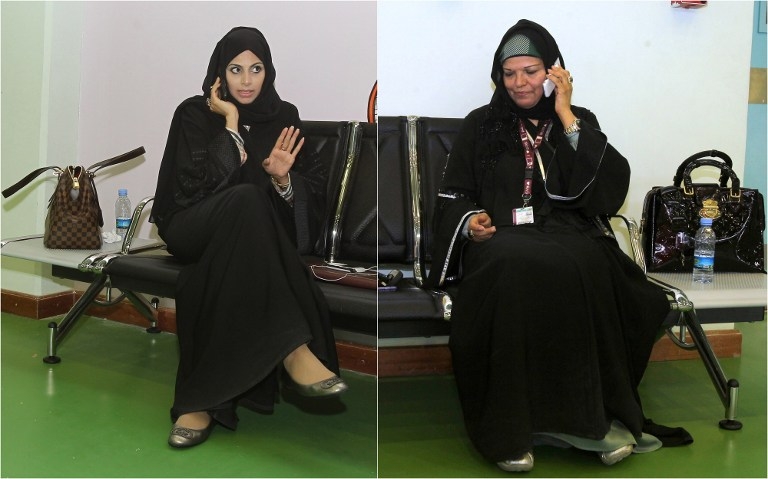Qatar elects two women for first time

Qataris have for the first time voted two women in to the Gulf emirate's only directly elected body, the central municipal council, officials announced on Thursday.
Sheikha Jufairi and Fatma Al-Kuwari both won seats in Wednesday's election to the 29-member council, which has advisory but no legislative powers.
It was the first time in the emirate's history that two women had been elected.
"I broke the spirit of tribalism and votes for the family," said a jubilant Kuwari.
"As the second woman to enter the council, it is an encouraging step for more women to participate," she said.
Kuwari is one of 14 first-time winners who will make up almost half of the membership of the new council.
By contrast, Jufairi is a political veteran by Qatari standards.
"I expected there would be another woman beside me in the council this time," said Jufairi.
Five female candidates stood on Wednesday and some had called before the vote for a quota system to be introduced to ensure better representation of women.
Voting was limited to Qataris aged 18 and over, even though citizens make up little more than 10 percent of the wealthy Gulf state's population.
Although the electorate of more than 23,000 is split almost equally between men and women, the gender imbalance between the candidates remains striking.
Officials said that turnout was almost 70 percent, with more than 14,600 people voting.
In Qatar six women are enrolled in tertiary education for every man but questions remain as to whether their investment in education has led to the integration of women into the economy.
Qatar remains one of only three Arab countries – along with the United Arab Emirates and Oman – that did not ratify the Convention on the Elimination of All Forms of Discrimination against Women.
A 2013 Thomson Reuters Foundation poll titled Women’s Rights in the Arab World, ranked Qatar fifth out of 22 Arab nations when it comes to women’s rights. Comoros led the way whereas Egypt came last.
Qatari women, who were granted equal suffrage in 1999, can drive, unlike their counterparts in neighboring Saudi Arabia. Yet they need their husband’s consent to obtain a driving license.
New MEE newsletter: Jerusalem Dispatch
Sign up to get the latest insights and analysis on Israel-Palestine, alongside Turkey Unpacked and other MEE newsletters
Middle East Eye delivers independent and unrivalled coverage and analysis of the Middle East, North Africa and beyond. To learn more about republishing this content and the associated fees, please fill out this form. More about MEE can be found here.




